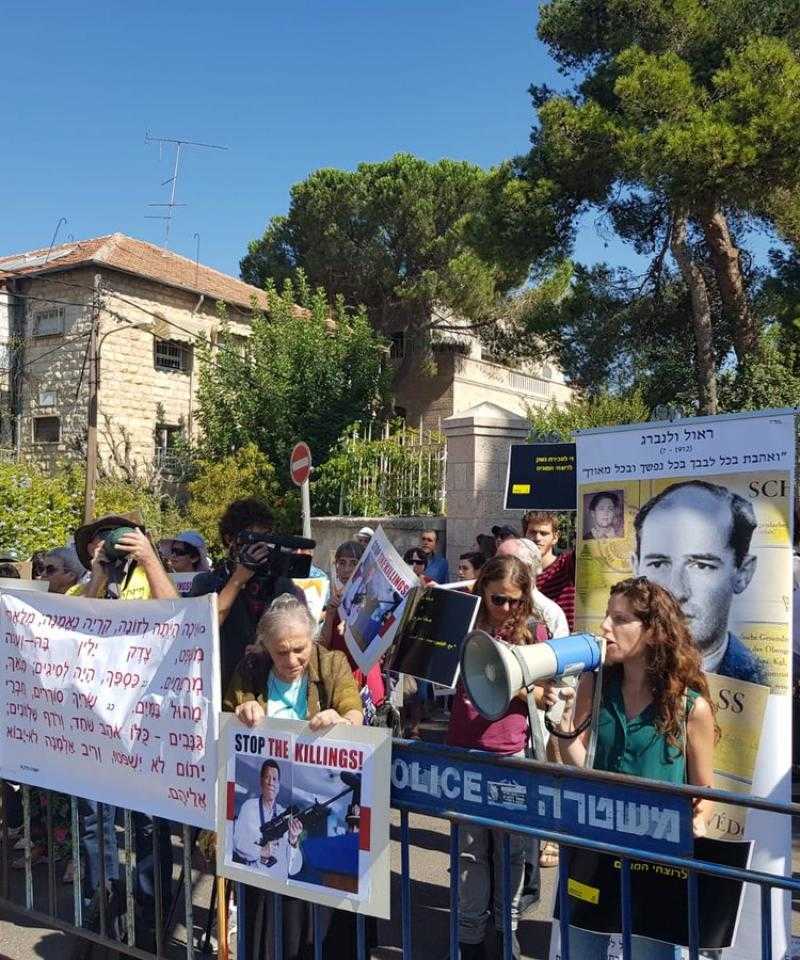Philippines President visits Israel to buy arms

In the first week of September 2018, the president of the Philippines, Rodrigo Duterte, spent four days visiting Israel. His trip was an opportunity to meet the Israeli prime minister Benjamin Netanyahu, the thousands of Filipinos who live and work in the country… and explore opportunities to buy weapons. Duterte is accompanied by a group of soldiers and police officials The trip is understood to be part of a long term reliance on US weapons, equipment and training, with arms transfers from the USA often blocked due to serious human rights concerns. Arms sales from Israel to the Philippines however, have so far been smooth. In 2016, Israel was the world’s 7th largest exporter of arms, with nearly 60% of Israel’s arms sales are to Asia-Pacific region.
When Duterte visited Israeli President Reuven Rivlin he was met with protests from Amnesty International activists in Israel, who gathered outside the Presidents’ official residence. Duterte’s “war on drugs” has resulted in the deaths of many thousands mainly poor Filipinos; Human Rights Watch’s 2018 report on the Philippines estimated that 12,000 people have been killed since the policy was introduced in 2016. The International Criminal Court has launched an initial inquiry into human rights abuses committed by Duterte.
The Philippines is planning a multi-billion dollar overhaul of it’s military, so more deals could be on the way. Israel has recently sold three radar systems and 100 armoured vehicles to the Philippines, and in mid-2016, Duterte announced that 120,000 Filipino soldiers would be armed with Israeli Glock 30 pistols “as fast as Israel can produce them”. In early 2018 the Filipino government bought a range of Israeli-made rifles for its drug squads, groups who have been involved in extrajudicial killings of drug dealers and users.
Add new comment